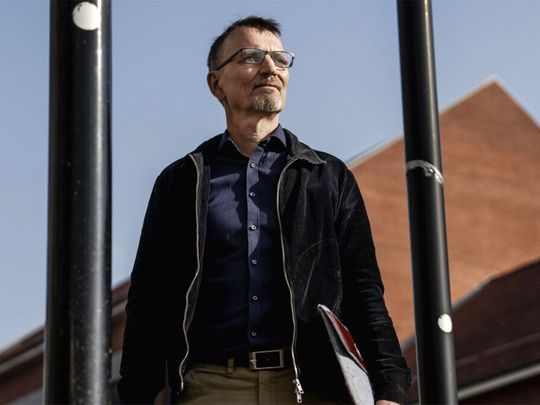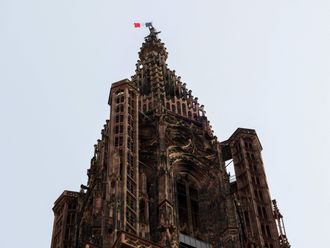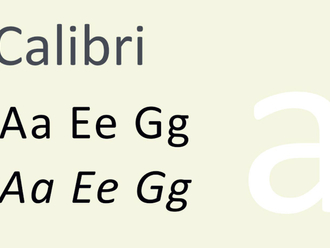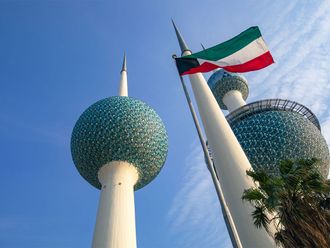
COPENHAGEN: A court in Denmark said on Thursday that a Danish arms smuggler who air-dropped weapons to Indian villagers in 1995 could not be extradited to India, citing the risk that his rights would be violated.
Niels Holck, 62, has admitted to parachuting four tonnes of weapons into the state of West Bengal to help locals fight government authorities.
New Delhi has relentlessly pursued attempts to have him stand trial in India, and the affair has been a stumbling block in Danish-Indian relations.
However, the Hillerod district court ruled that he should not be extradited because there was a “real risk” that he would be “subjected to treatment in India that violates Article 3 of the European Convention on Human Rights”, which prohibits torture or inhuman or degrading treatment or punishment.
The court noted this was the case despite diplomatic assurances from India that Holck would be housed in a special detention centre during the criminal proceedings in India.
India had said the detention centre would be set up to house only Holck and he could be accompanied by Danish police officers acting as observers.
Holck was the only one of seven smugglers who managed to escape after the Indian Air Force intercepted their returning plane.
The others, all European nationals, were sentenced in Kolkata to life imprisonment in 2000, but all were eventually released.
India regards the Dane, also known as Kim Davy, as the mastermind of the operation, which saw the delivery of hundreds of assault rifles, pistols, anti-tank grenades, rocket launchers and thousands of rounds of ammunition.
‘Frustrated’
Holck was arrested in Denmark in April 2010 after Danish authorities reached a deal with India over the terms of his extradition, including a promise that he would not be given the death penalty and would serve any sentence in Denmark.
But a Danish district court in 2011 overturned the authorities’ decision, saying he risked mistreatment in India.
An appeals court later upheld the district court’s ruling.
In 2016, India again requested his extradition.
Holck’s lawyer, Jonas Christoffersen, told AFP they were “very satisfied with the decision” on Thursday.
Christroffersen said he expected the prosecution to appeal the decision, like they did in 2011.
But given that two courts in 2011, and now the district court, had ruled that India could not guarantee his safety, he was confident the ruling would be upheld.
“We would be very surprised to say the least, if the High Court would reach another conclusion this time,” the lawyer said.
Earlier this week, Christoffersen said that his client was tired of the protracted affair.
“He’s frustrated that the case has dragged on for so long,” Christoffersen said.
“Now he’s hopeful that it will come to a close and that once it has gone through the Danish legal system, it will be clear that he will never be extradited to India.”
“He is going on with his life, but he cannot travel. He has his life in Denmark but it’s a burden on him,” he said. “He’s been called a terrorist without any factual merit for 28 years.”
In his 2008 autobiography titled “They Call Me a Terrorist”, Holck recounts the delivery of the arms during a flight that left from Bulgaria.
The court said the parties had three days to decide whether to lodge an appeal.












